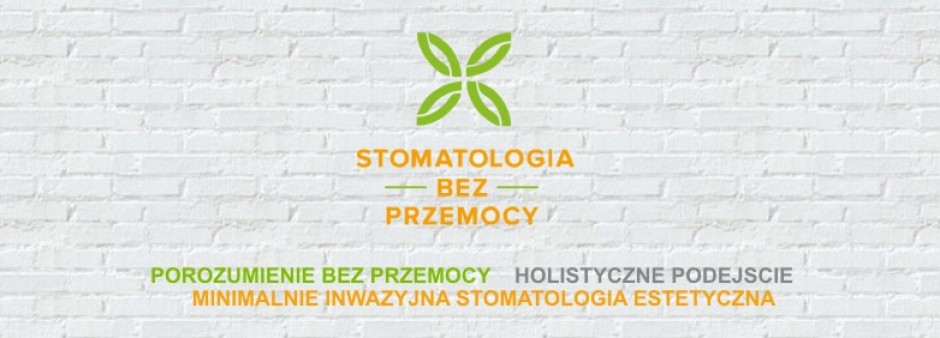Every sign of violence against children has exactly the same consequences as violence against adults: in short-term it causes anxiety, loss of confidence and a sense of guilt, and in consequence – low self-esteem, anger (aggressive behavior) and violence against others. The repercussions of violence are not always proportional to how often a child experienced violence. Some of them experience violence only once during childhood, but never recover from the pain. It seems that the factor that determines the effects of violence is whether the parents/doctor takes responsibility for the violence or blames the child.
When you help your child cope with strong emotions, a large number of cells in the higher centers of the brain begin to create paths that connect with the lower centers of the brain. We call it “up-down” ways. Over time, these connections will naturally control the primitive, initiated by lower centers impulses of anger, fear, suffering, which allows the child to think about their own emotions, and not discharging their primitive form of behavior (eg, fight or flight). Suffering children should ALWAYS be treated seriously. Even if it is inconsistent with the reception of the situation by an adult. We may not like the type of behavior but the emotions that cause this behavior must be taken into account with respect.
Please do not publish pictures and text from this website as your own. It is against the law. Act of 4 February 1994 on Copyright and Related Rights (Journal of Laws of 1994 No. 24, item. 83


